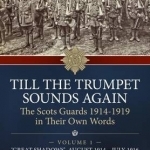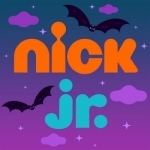
Simplex Spelling Phonics 1 - English
Education and Games
App
Simplex Spelling improves English spelling and reading skills by using a powerful combination of...

Dora's Great Big World! HD
Education and Games
App
Note: This app is packed with content, rich graphics and animations. You may need more than 1.5 GB...

The Elements by Theodore Gray
Book and Education
App
Of all the periodic table apps, there is only one which Stephen Fry described as “Alone worth the...

Pocket Anatomy.
Medical and Education
App
Loved by more than 1 million users Worldwide. “Navigating the body couldn't be EASIER” -...

Visual Attention Therapy Lite - Cognitive Training
Medical and Education
App
Visual Attention Therapy helps brain injury and stroke survivors, as well as struggling students, to...

Till the Trumpet Sounds Again: Volume 1
Book
This is a story of soldiers at war against the background the two battalions of the Scots Guards who...
A Year in London: Two Things to Do Every Day of the Year
Jim Watson and David Hampshire
Book
Welcome to A Year in London, an exhaustive guide to 365 days in the most exciting, inspiring,...

Business Card Manager
Business and Productivity
App
An "Evernote" Supported Business Card Management Application The "Business Card Manager" is an...

Clean Text
Productivity and Utilities
App
Clean Text is an essential tool for webmasters, graphic designers, developers and magazine editors...

